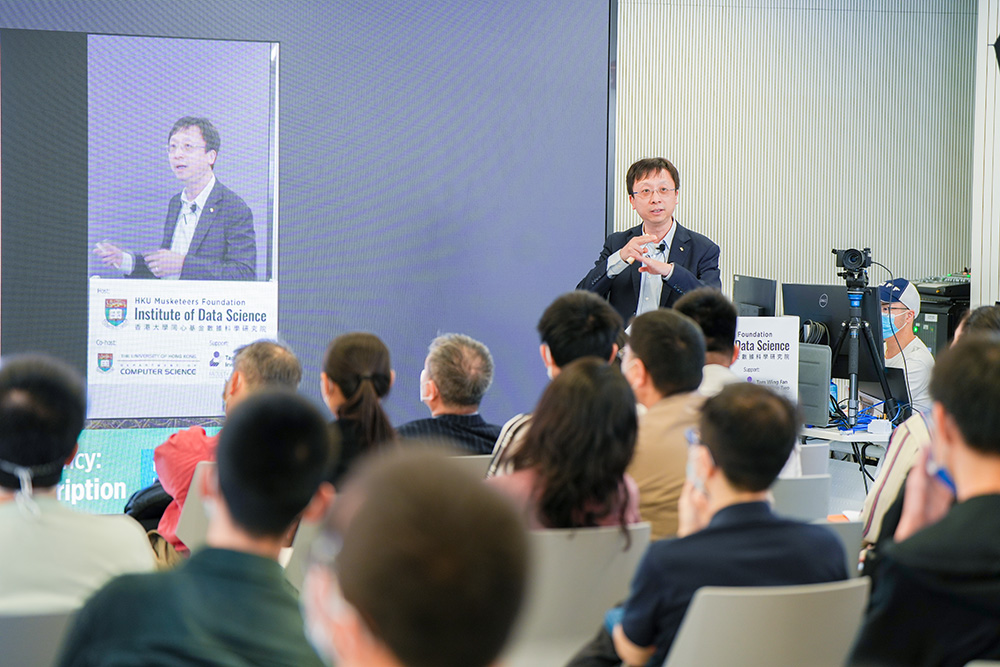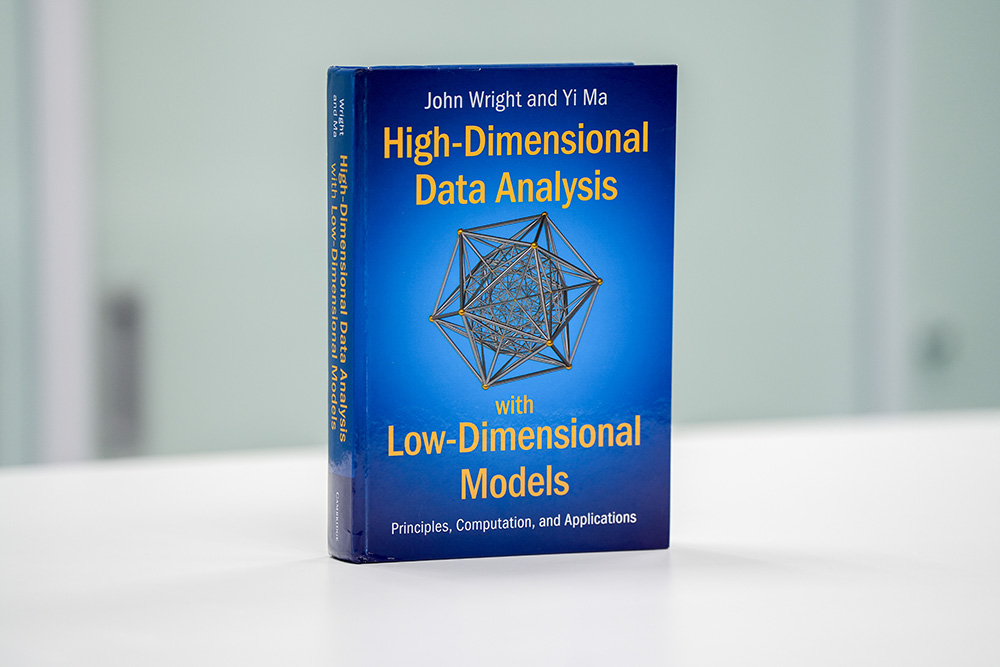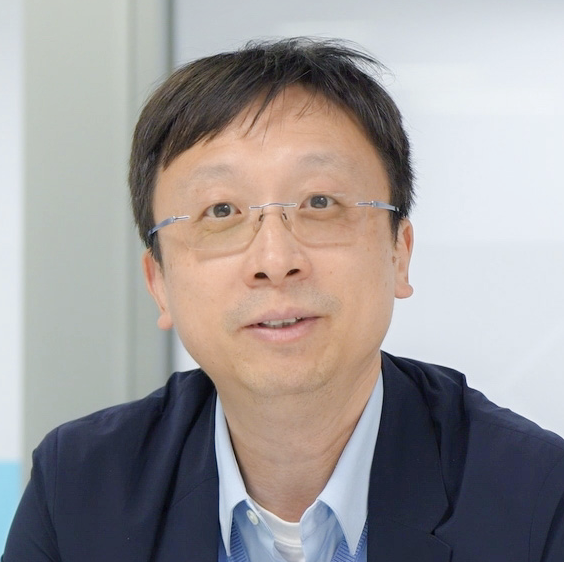May 2023 | Volume 24 No. 2
HKU’s New Head of Data Science
For years, data science was the purview of engineers and computer scientists, among them Professor Ma Yi, Chair Professor and Director of the HKU Musketeers Foundation Institute of Data Science (IDS) and an expert in computer vision. But recently it has reached a tipping point.
“Data science now has the potential to make fundamental, transformative and disruptive impact in areas like medicine, finance, the economy, social sciences, education or natural language processing. All of the top universities – like MIT, Berkeley, Stanford, as well as HKU – sense that reform in research and education needs to take place. We are all trying to reposition ourselves, but it’s still early days and nobody has quite figured out the best way to respond,” he said.
Through the IDS, Professor Ma is steering efforts at HKU to figure out how to incorporate data science into broader research questions and teaching programmes, as well as address the wider implications that data and machine learning pose in terms of security, privacy, the generation of fake information, and other concerns. He is supported by a multidisciplinary steering committee of experts in engineering, science, finance, medicine, philosophy, and psychology.
Professor Ma himself brings experience not only as an academic but also an administrator – he was the founding Dean of the School of Information Science and Technology at ShanghaiTech University from 2014 to 2017, the principal researcher and manager of the Visual Computing group of Microsoft Research Asia from 2009 to 2014, and recently was on the faculty of his alma mater, the University of California, Berkeley, where he obtained two Masters degrees and his PhD.
His pivot to Hong Kong came through outreach from HKU’s senior management and the realisation that there was potential to have impact not only at the University, but beyond.
“Hong Kong is trying to develop its high-tech industry and the need for talent will be very immense. I like the IDS platform because it can be an amplifier of young talent,” he said.
“For the University, we already know that data science will grow into a very substantial fraction of activity here, just like in all the top universities. So we have to both reform education and organise the research around this topic. Precisely in what form, I think that still has to be developed.”

Professor Ma speaking at the IDS Distinguished Speaker Series.
Vehicle for collaboration
His first priority is to develop a new research postgraduate programme that will provide a theoretical and computational foundation on machine intelligence, practical algorithms and systems, to support computing and data science at all scales. He brings extensive teaching experience to that task as well as resources: he is the author of three texts for postgraduates on data science, including the recently released High-Dimensional Data Analysis with Low-Dimensional Models: Principles, Computation, and Applications.
He will also prioritise recruiting staff who can apply data science methodology and technology to a wide variety of fields.
“My vision is that the IDS will be a vehicle for collaborative, multidisciplinary research. Because data science cannot survive alone – data scientists don’t produce the data, it has to come from physics or medicine or computer vision or natural languages or other fields. We have to work with people from these domains,” he said. “Our role here is really to provide a good environment, motivate and train scholars, and challenge them with some big directions that have impact in society.”
Data privacy, security, ethical issues and the like are also on the agenda and Professor Ma said he hopes to recruit experts who can address these matters and educate students and faculty on the pitfalls and the need for integrity.
“I’m actually not worried about machines right now because they do what they’re designed to do. It’s the humans behind them, who can manipulate them, that we should worry more about,” he said.
Professor Ma added that he is excited at the prospect of creating something new and relevant at the IDS. “This is our chance. Even Berkeley and Stanford have not figured what the best education programme is for data science. If we can create a logical, coherent and well-thought-out curriculum, and even a research programme related to that, maybe our colleagues can learn a thing or two from us,” he said.

High-Dimensional Data Analysis with Low-Dimensional Models: Principles, Computation, and Applications by John Wright and Ma Yi was published by Cambridge University Press in 2022.
For the University, we already know that data science will grow into a very substantial fraction of activity here, just like in all the top universities. So we have to both reform education and organise the research around this topic.

PROFESSOR MA YI

